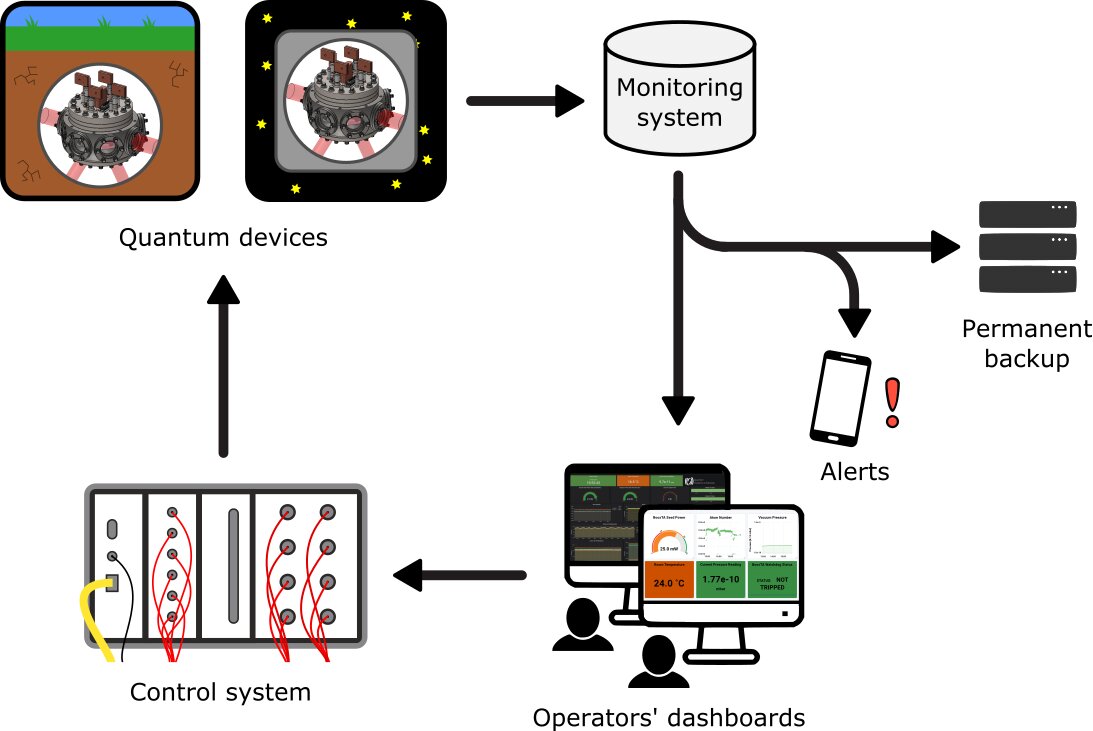Physicists working at the University of Sussex have developed a monitoring and control system blueprint for quantum devices and experiments in space.
The research has wider implications for operating quantum devices and carrying out experiments in inaccessible and unpredictable environments such as space, underground or those with unstable weather conditions, as well as for artificial intelligence (AI) and human collaboration and for online learning.
This could involve using quantum sensors in space to further our understanding of the fundamental laws of physics, in boats for GPS-free navigation, in electric vehicles to check the state of health of batteries or in hospitals for brain imaging.
Due to the high sensitivity of quantum apparatus, a stable environment is essential. The team has developed ways of keeping an eye on their experiments from afar by using remote monitoring technology to access information on factors such as temperature, pressure, laser beams and magnetic fields. Everyone in the team can see this information on dashboards so issues can be dealt with before they destabilize or disrupt experiments.
As the complexity of quantum technologies grows, the likelihood of breakdowns and severe delays increases. Environmental disturbances are usually only noticed when something goes wrong and then dealt with retrospectively. However, as the monitoring system allows the uninterrupted collection of environmental data, issues can be resolved in real-time. (Phys.org)
The paper has been published in Quantum Science and Technology.




